Saturday, February 23, 2008
The responsibility of intillectuals
"Intillectuals are in a position to expose the lies of governments, to analyze actions according to their causes and motives and often hidden intentions. In the Western world at least, they have the power that comes from political liberty, from access to information and freedom of expression. For a privelage minority, Western democracy provides the leisure, the facilities, and the training to seek the truth lying hidden behind the veil of distortion and misrepresentation, ideology and class interest through which the events of current history are presented to us. The responsibilities of intillectuals then, are much deeper than [the responsibility of other peoples] given the unique privelages that intillectuals enoy . . .
"It is the responsibility of intillectuals to speak the truth and expose lies. This, at least, may seem enough of a truism to pass without comment. Not so, however. Martin Heidegger writing, in a pro-Hitler declaration of 1933, that "truth is the revelation of that which makes a people certain, clear and strong in action in its action of knowledge" . . ." (Chomsky, 60).
Chomsky then goes on to expose the lies of the American government during the Vietnam era.
Source: Noam Chomksy, "The Responsibility of Intillectuals" in The Chomsky Reader, ed. James Peck. New York: Pantheon Book, 1987.
My commentary:
According to Heidegger, truth is that which serves the interests of the powerful. We find this distortion of the truth also prevalent in this culture in myriad forms, as noted by Jensen (next post). Clearly, our class and species' interests are protected by such distortions. But if, as moral persons, we recoil from this definition of truth - if instead we say that the truth involves morality - then is it not necessary to defend the truth from those that would so willfully distort it for their own ends? In other words, is it not necessary to become an activist for truth and goodness and to defend life against those that destroy it? Is it not necessary to move from the quiet complicity of inactivity to some sort of action, by using our intillectual skills to "expose the lies of governments [and other powerful entities, such as corporations], to analzye actions according to their causes and often hidden intentions"?
Chomksky says that he give "intillectual ammunition" to those who fight for social justice in the Middle East and elsewhere. An environmentalist has the same responsibility. During the 1930s intillectuals had the choice to go along with Hitler or renounce what he stood for; the same choices face us now with regard to issues such as natural resource extraction, foreign policy, energy policy, environmental policy, and consumerism -- all of which forces murder human beings and animals and the natural world that we are a part of, and are therefore fundamentally unjust. From a religious perspective, we are destroying God's Creation and making ourselves into gods - the worst sort of idolatry. Helping to dismantle this violence and insane civilization is the moral responsibility of every person who can think and act with reason.
"It is the responsibility of intillectuals to speak the truth and expose lies. This, at least, may seem enough of a truism to pass without comment. Not so, however. Martin Heidegger writing, in a pro-Hitler declaration of 1933, that "truth is the revelation of that which makes a people certain, clear and strong in action in its action of knowledge" . . ." (Chomsky, 60).
Chomsky then goes on to expose the lies of the American government during the Vietnam era.
Source: Noam Chomksy, "The Responsibility of Intillectuals" in The Chomsky Reader, ed. James Peck. New York: Pantheon Book, 1987.
My commentary:
According to Heidegger, truth is that which serves the interests of the powerful. We find this distortion of the truth also prevalent in this culture in myriad forms, as noted by Jensen (next post). Clearly, our class and species' interests are protected by such distortions. But if, as moral persons, we recoil from this definition of truth - if instead we say that the truth involves morality - then is it not necessary to defend the truth from those that would so willfully distort it for their own ends? In other words, is it not necessary to become an activist for truth and goodness and to defend life against those that destroy it? Is it not necessary to move from the quiet complicity of inactivity to some sort of action, by using our intillectual skills to "expose the lies of governments [and other powerful entities, such as corporations], to analzye actions according to their causes and often hidden intentions"?
Chomksky says that he give "intillectual ammunition" to those who fight for social justice in the Middle East and elsewhere. An environmentalist has the same responsibility. During the 1930s intillectuals had the choice to go along with Hitler or renounce what he stood for; the same choices face us now with regard to issues such as natural resource extraction, foreign policy, energy policy, environmental policy, and consumerism -- all of which forces murder human beings and animals and the natural world that we are a part of, and are therefore fundamentally unjust. From a religious perspective, we are destroying God's Creation and making ourselves into gods - the worst sort of idolatry. Helping to dismantle this violence and insane civilization is the moral responsibility of every person who can think and act with reason.
Subscribe to:
Post Comments (Atom)



















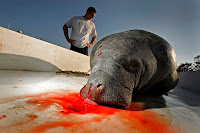





































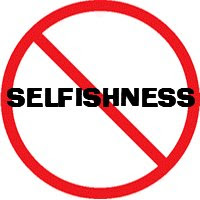












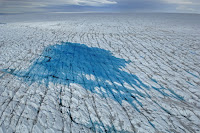

























































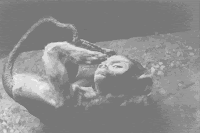


























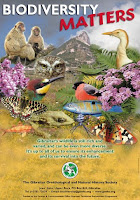

























































































.jpg)























































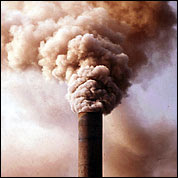













































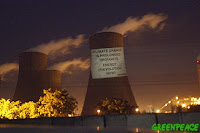













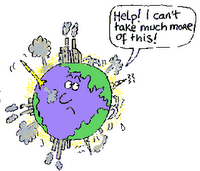

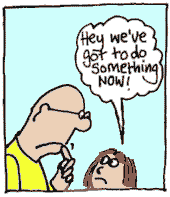
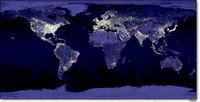

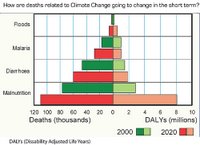
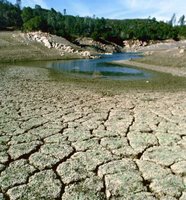

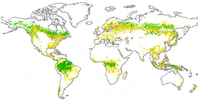




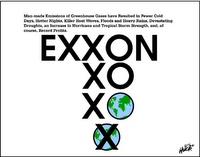



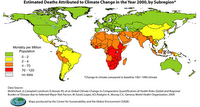
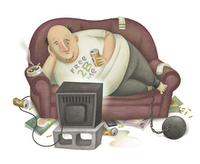

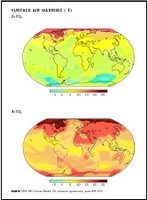
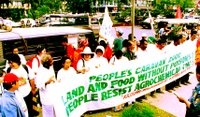







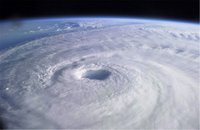

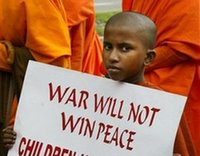

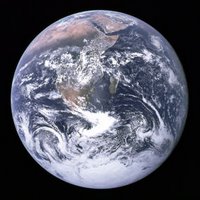
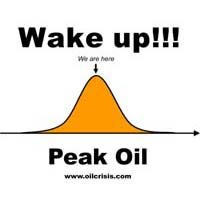
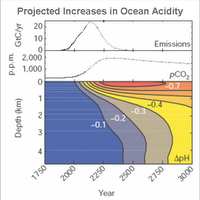
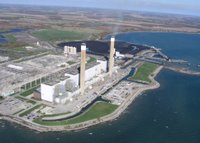
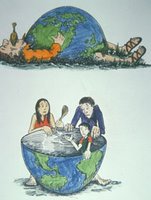


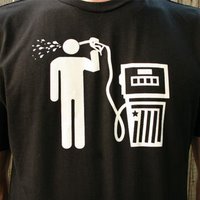

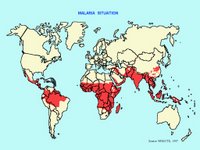



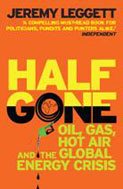
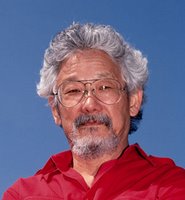


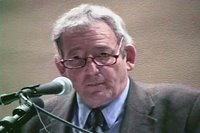
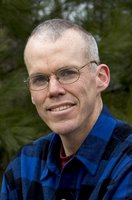
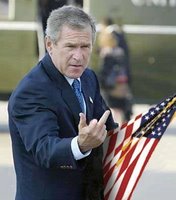
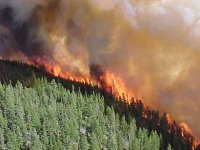
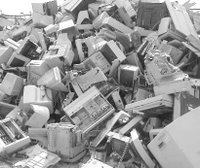

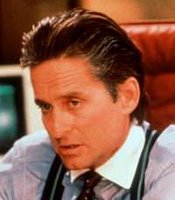
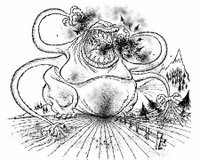

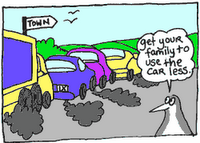
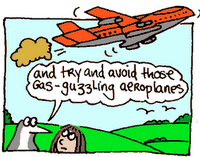
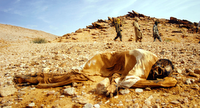


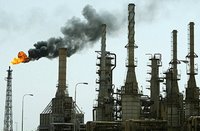






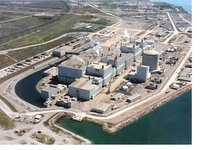



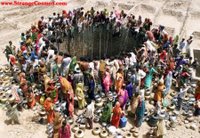
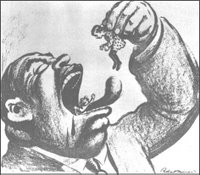

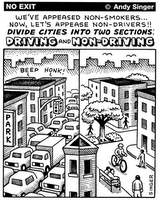
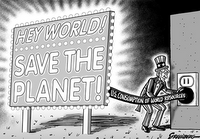


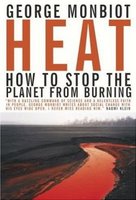

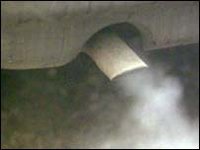

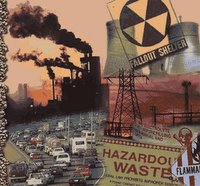


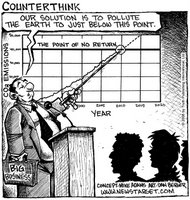

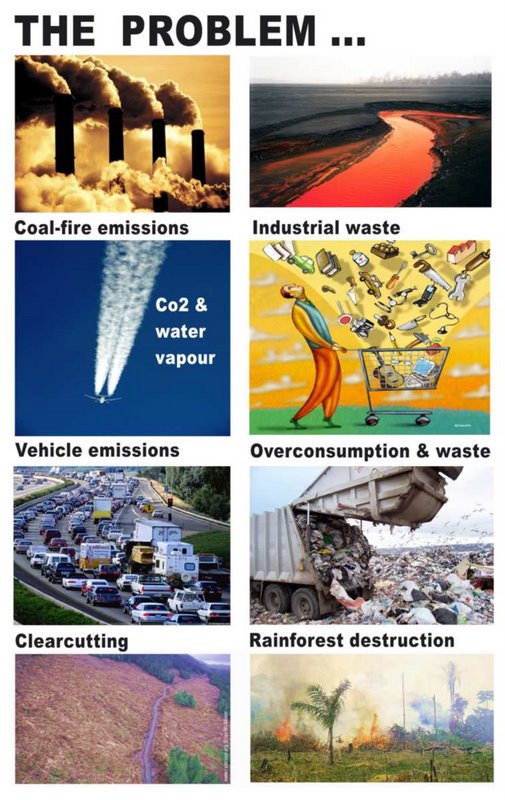
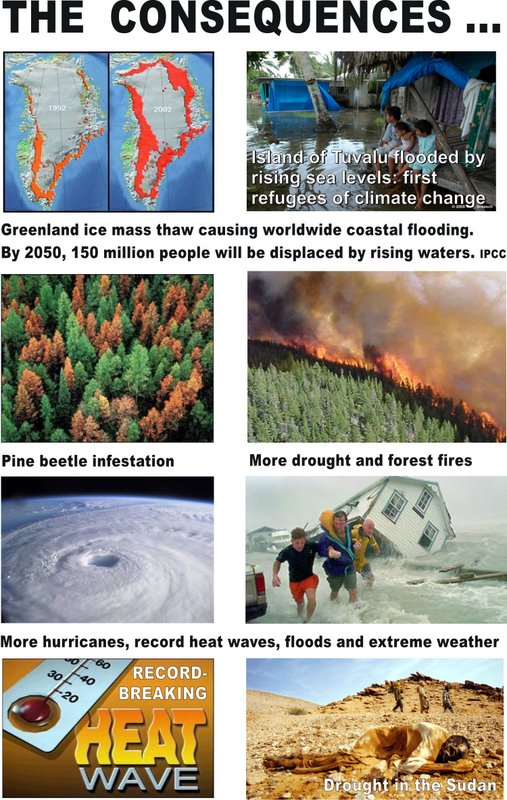
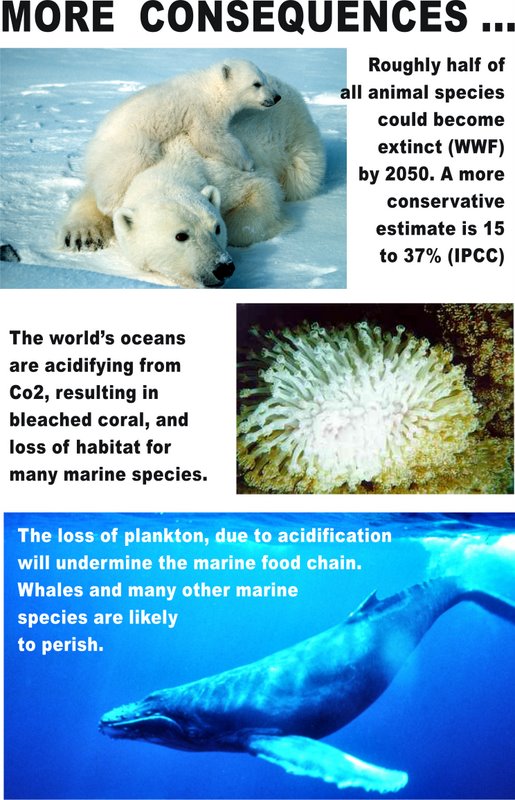
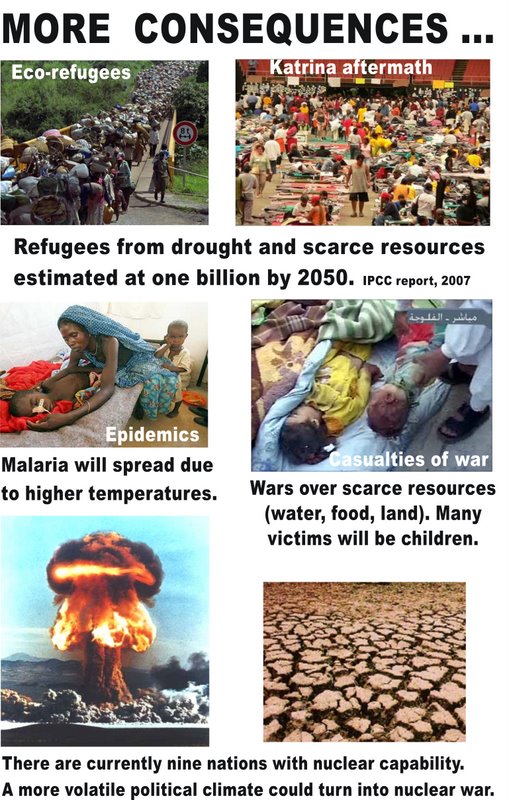

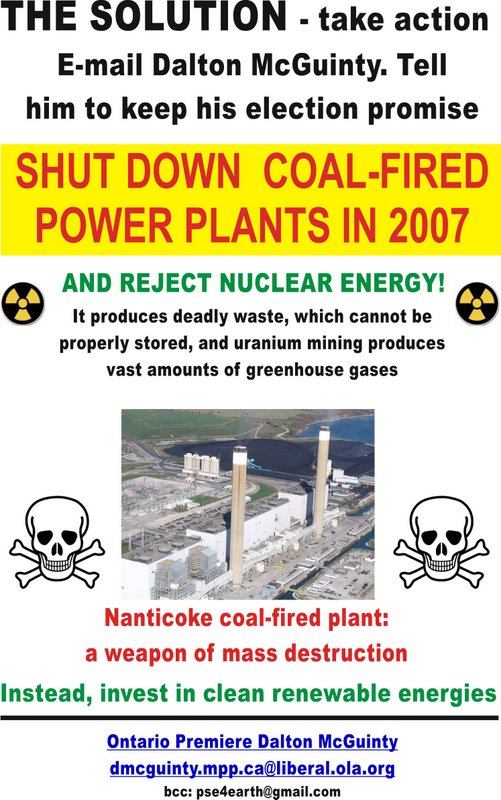

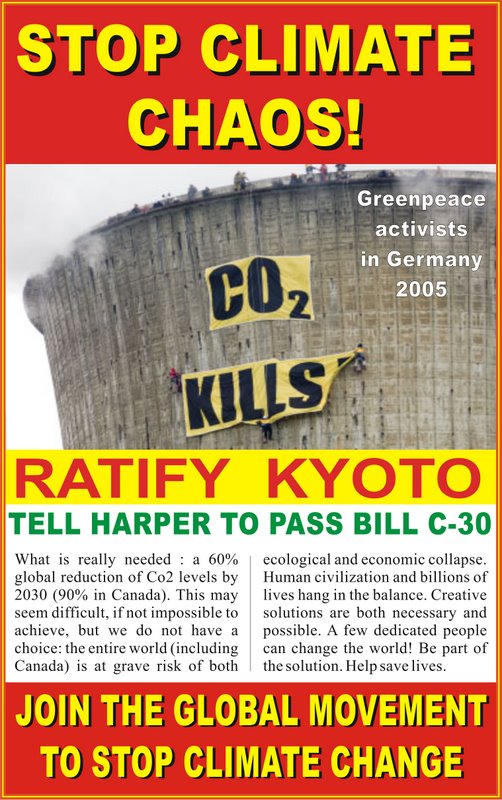
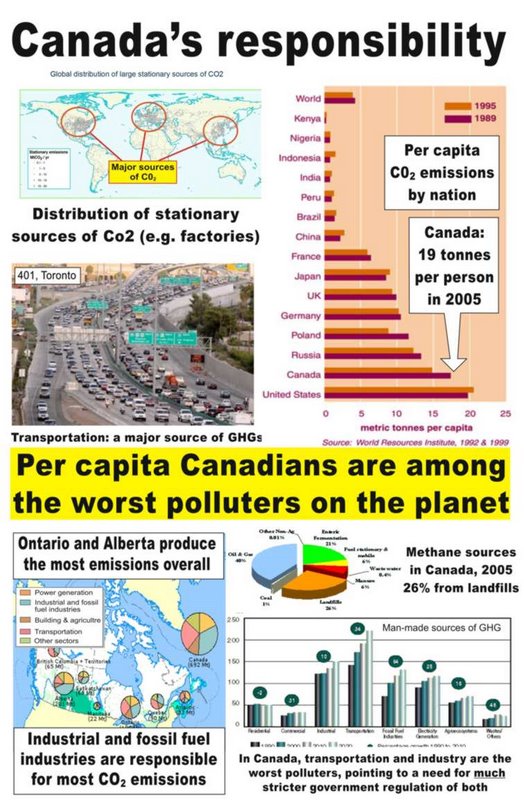
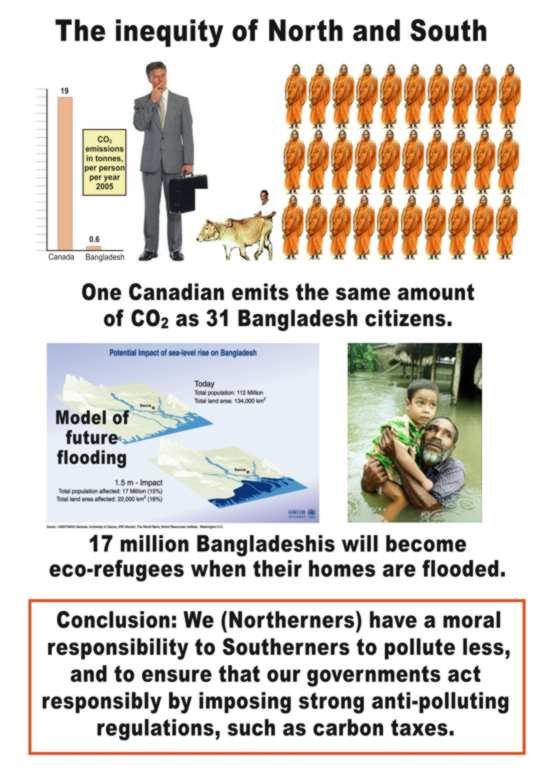
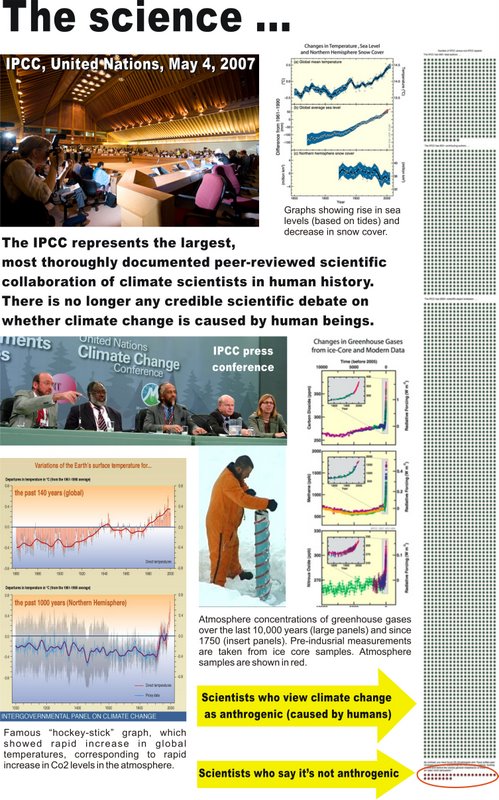
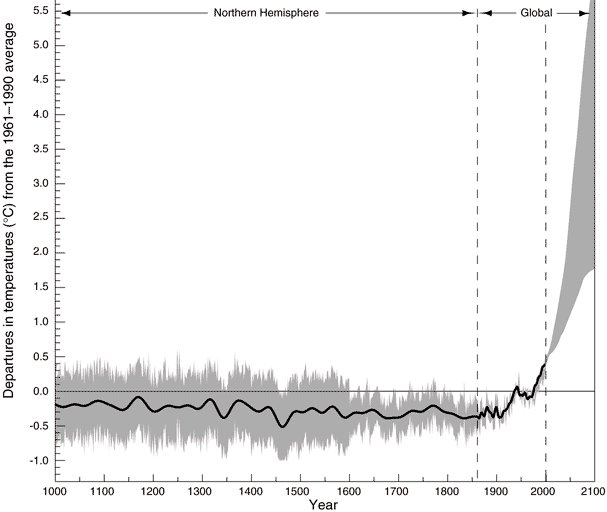


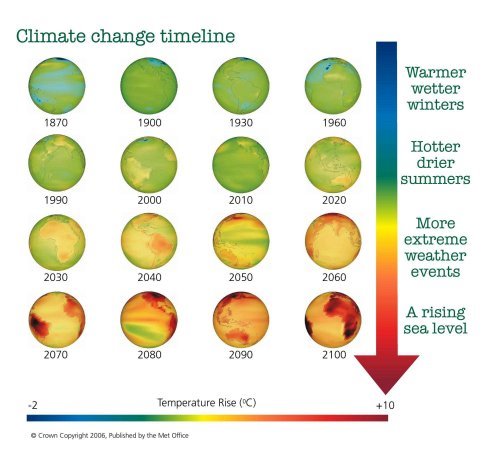




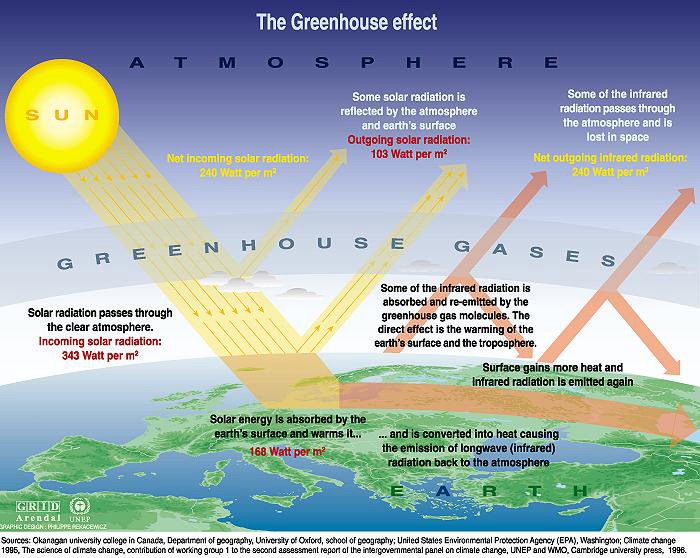
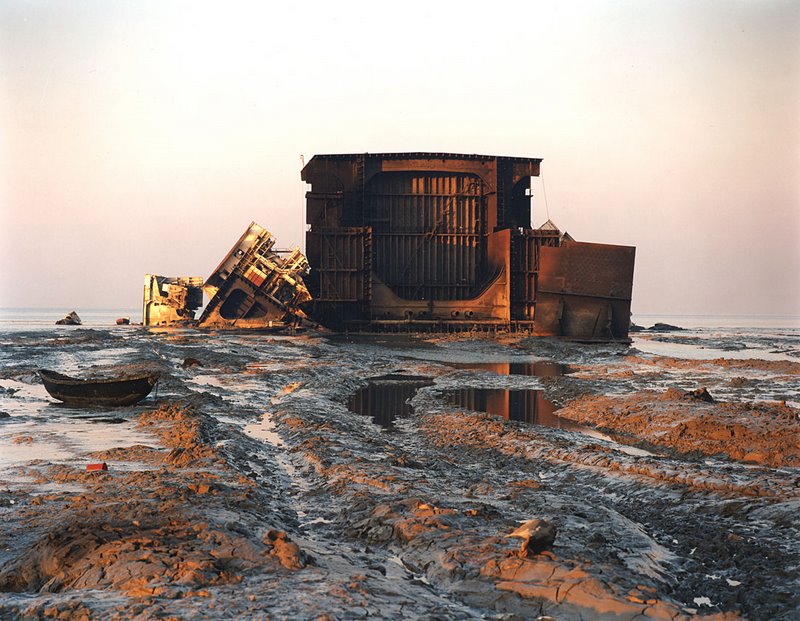
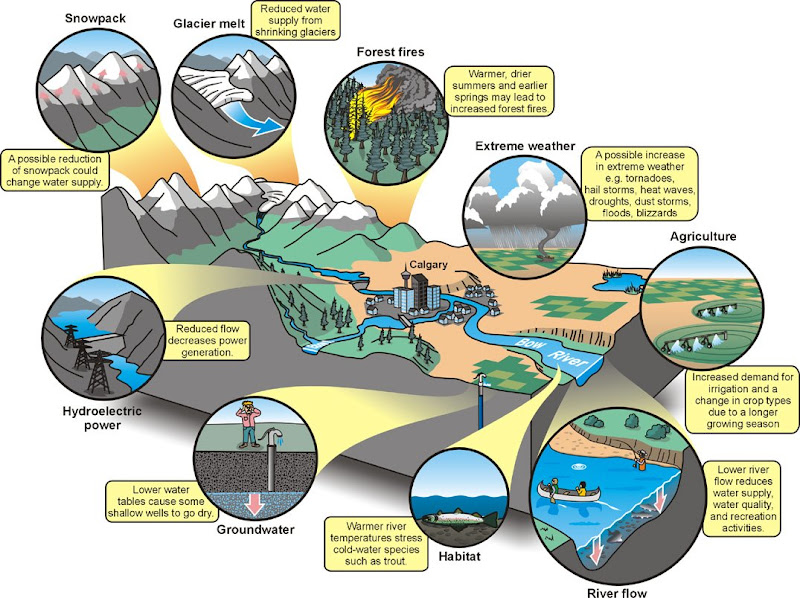

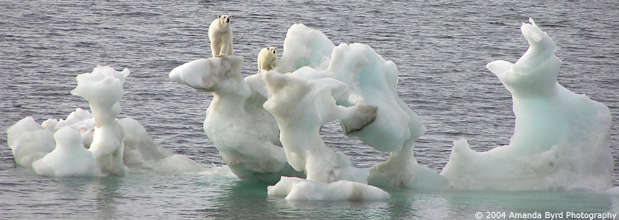





No comments:
Post a Comment